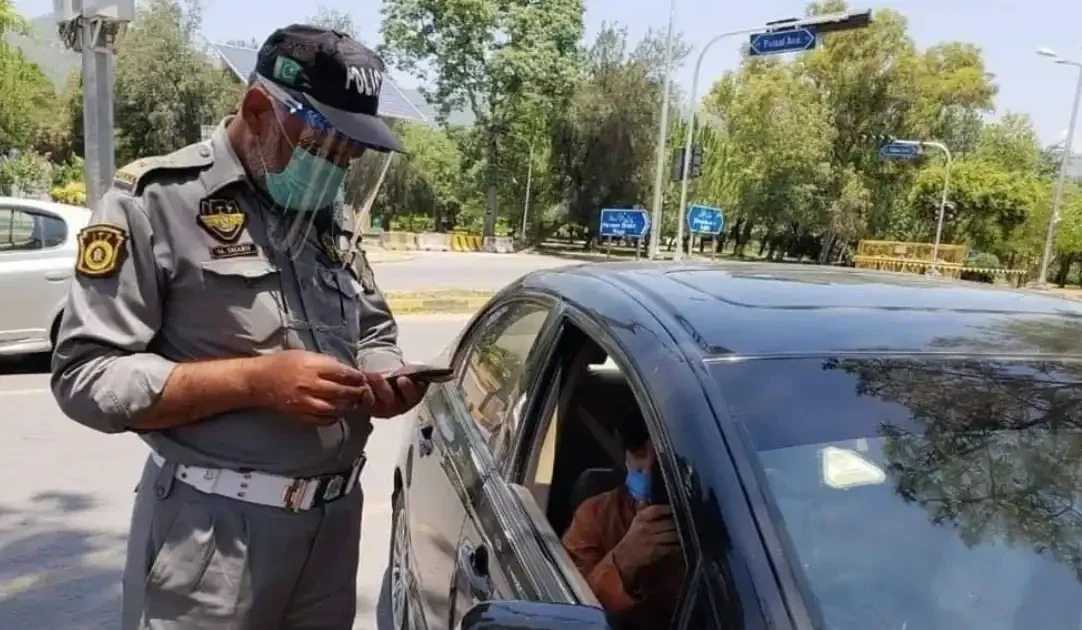Significant Increase in Fines
The Punjab Cabinet has approved key amendments to the Motor Vehicle Ordinance of 1965, proposing a substantial increase in fines for traffic violations. According to official sources, the revised summary has been sent to the Punjab Assembly for further consideration.
Currently, fines for traffic violations range between 200 and 1,000 Pakistani Rupees (PKR). Under the proposed amendments, these penalties could rise dramatically, ranging from 2,000 PKR to 20,000 PKR, depending on the nature of the violation.
Penalties by Vehicle Type and Violation
The proposed fine structure includes:
-
Over speeding: Motorcyclists would face 2,000 PKR, cars up to 2,000 cc would be fined 5,000 PKR, vehicles above 2,000 cc could incur 20,000 PKR, and commercial or public transport vehicles could face 15,000 PKR.
-
Traffic signal violations: 2,000 to 15,000 PKR.
-
Line or zebra crossing violations: 10,000 PKR.
-
Using a mobile phone while driving: 2,000 to 15,000 PKR.
The amendments also recommend filing cases against individuals who allow underage drivers to operate cars or motorcycles.
Safety Measures and Legal Enforcement
The draft amendments include mandatory seatbelt usage in the front seats and stricter action against illegal modifications to vehicles. These measures aim to enhance both driver and pedestrian safety across the province.
Introduction of Digital Penalties and Point System
The summary sent to the Punjab Assembly also proposes legal recognition for digital challans and computerized driving licenses. A point-based system is suggested, where 2 to 4 points are deducted for each violation. This approach aligns with recent incidents, such as a senior Karachi traffic officer being fined under the new e-challan system, highlighting stricter enforcement across the country. Drivers losing 20 points could face suspension of their license for six months to one year.
The Punjab government believes these reforms will strengthen law enforcement, reduce road accidents, and promote responsible driving. If approved, the new regulations will represent one of the most comprehensive updates to traffic laws in recent decades, reflecting a broader push for modernized road safety measures in Pakistan.















